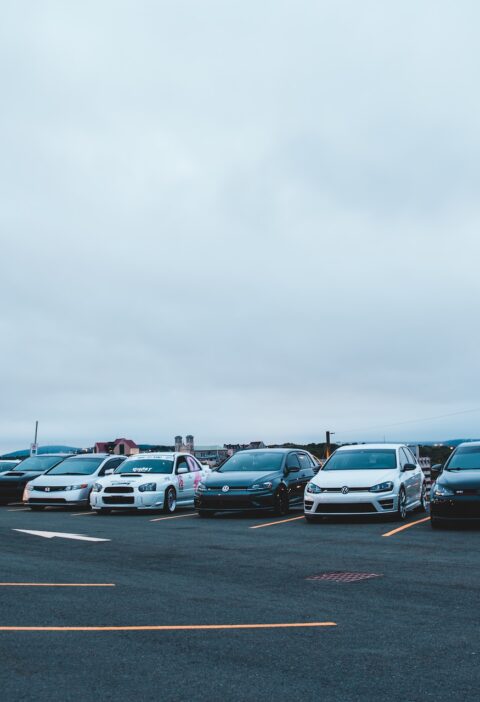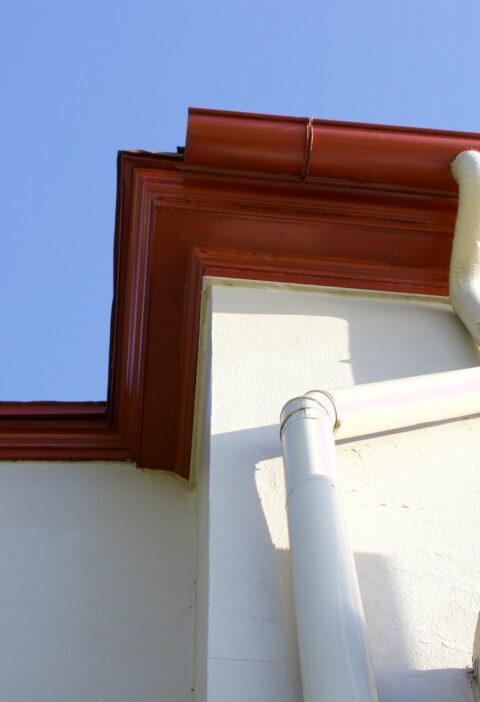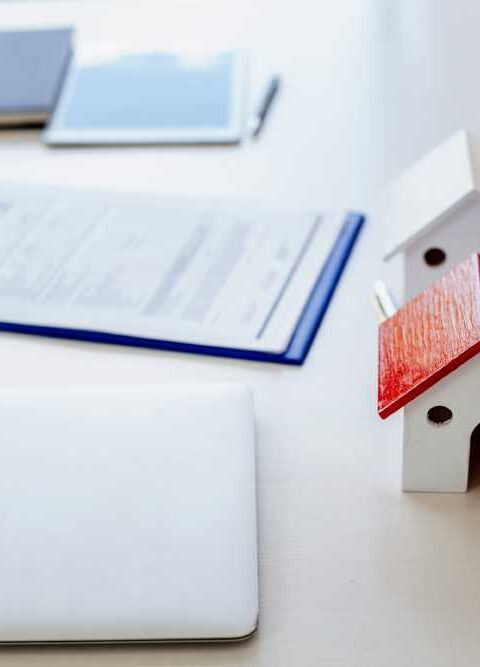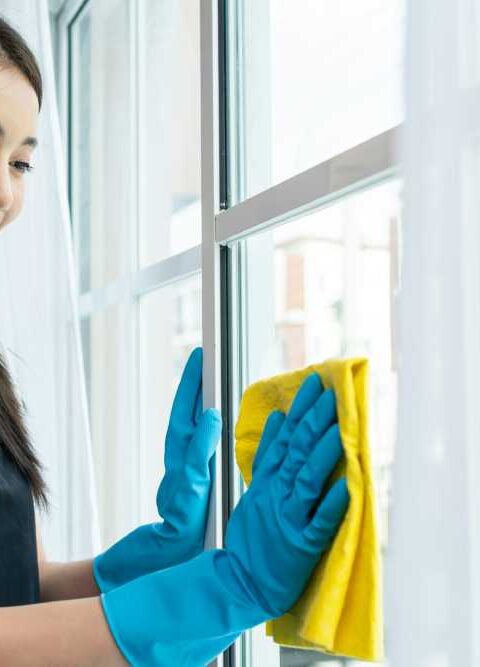To ensure that your solar panels are still working, you should periodically clean them. You may need to brush the panels daily to remove snow and ice during winter. The cleaning process can be difficult in cold conditions, so you should use lukewarm water to clean them. Avoid using hot water since it can damage the panels. After washing, you should squeegee away any residue. Keep in mind that a thin layer of frost on the panels will not block the sunlight but will diminish their efficiency.
Maintenance of Solar Panels
Regular inspections of solar panels are necessary to ensure their proper operation; if not, you’ll need to hire a specialist for solar roofing repairs and installation. They should also be checked for any debris or obstructions. The wiring should also be checked to ensure the system is functioning properly. In addition, solar panels should be shaded when they are not in use to avoid overheating. Lastly, you should monitor the system regularly by checking the solar monitoring system. Solar panels are costly, so proper maintenance is essential for maximum energy production.
The frequency of maintenance depends on the location of your solar panels. In most cases, solar panels should be checked and serviced once a year. Ideally, this should be done by a solar installer. However, the frequency of maintenance will depend on the level of dirt and dust that collects on the panels.
Many homeowners hire solar panel maintenance experts to clean and maintain their solar panels. This is because it is safer and more secure to use trained professionals. Aside from being safer and more secure, you’ll also be saving money on the cost of maintenance.
Cleaning
Properly cleaning and repairing solar panels is an essential part of solar power system maintenance. These panels are exposed to the elements and can become dirty over time. Pollen, bird droppings, salt deposits, dust, and other materials can accumulate on them. These materials reduce the amount of electricity the solar panel can produce. If these particles are large enough, cleaning is essential. A cleaning agent like dish soap can help remove dirt and grime. However, avoid using abrasive products to clean the solar panels since they can cause damage to the panels.
To clean the panels, apply water and scrub gently. Do not use high-pressure hoses, as they may damage them. Using a soft brush to remove surface debris is also a good idea. After cleaning, monitor your solar panel’s output so you can tell the difference in efficiency.
Repairing
Avoid using corrosive or abrasive cleaning products when cleaning your solar panels. It is best to clean your panels in the morning or early evening when the temperatures are cooler. You should also avoid using brushes or rotating tools that might cause microcracks. Finally, use gentle cleaning supplies and make sure to use soft water.
Dirt and debris on solar panels can reduce the production of electricity. Regular cleaning will make your panels look good and increase the lifespan of your investment. If you need more time to clean your panels, consider hiring a solar company to do the cleaning for you. You can also do it yourself if you are confident with your skills.
Cleaning your solar panels is a simple process. However, you should turn off the energy source before cleaning. This will help prevent electrocution while working on the panels. Using a long broom or sponge with a long handle is also important for cleaning. As the rooftop can be slippery, you should wear a safety harness while doing the task.
Monitoring
Monitoring solar panels is a key part of owning a solar energy system. You will want to ensure your system produces the amount of electricity it was designed to produce. There are many different tools available to help you monitor your system. A generation meter and an inverter are common devices used to monitor solar panels. They will let you see the energy your panels are producing and how much power is being used. This data can help you understand how much energy you are generating and what your return on investment will be.
To monitor your solar panels, you must educate yourself about how to do this. First, you need to know what to look for in a monitoring tool. For instance, a solar panel will produce a different amount of energy when placed in a south-facing window, and it may need to be adjusted farther south to meet the optimal production.







